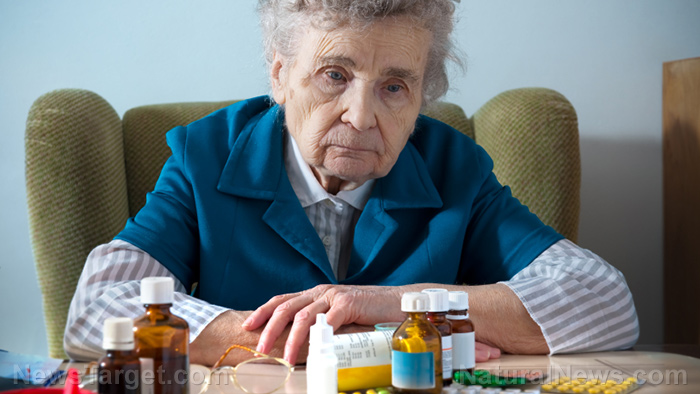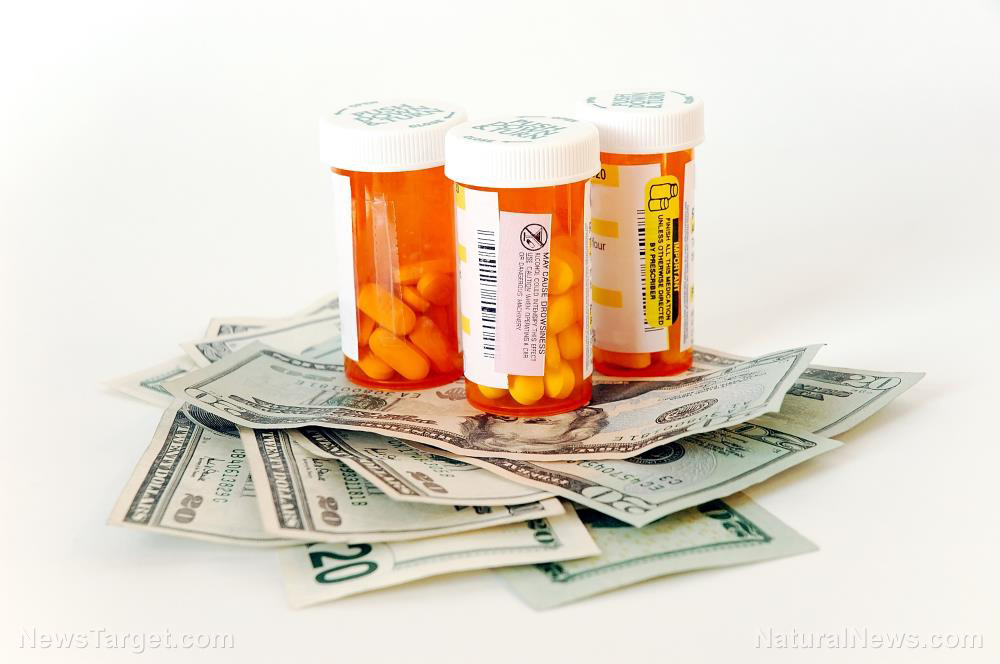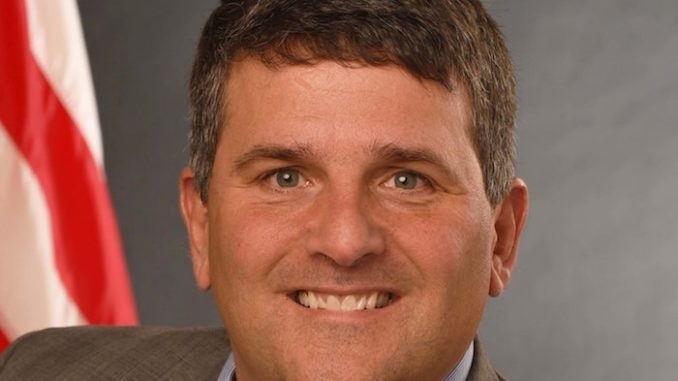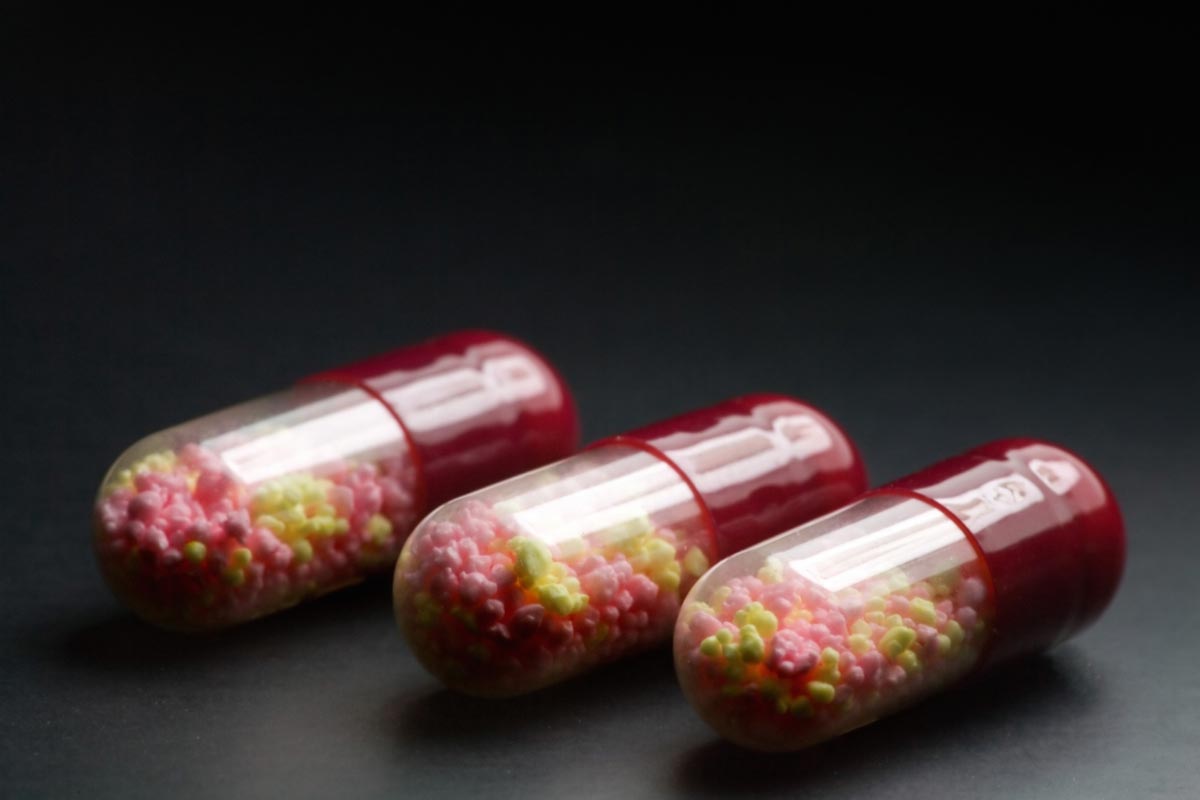Band-aid “solutions” to a bigger problem? Why antidepressants are not the answer
07/03/2018 / By Vicki Batts

Depression and related conditions like anxiety are a growing problem. These “invisible illnesses,” as they are often called, plague millions of people across the globe. In the U.S., antidepressant use has been on the rise for nearly two decades. Government survey data suggests that the use of antidepressant medication increased by a staggering 65 percent between the years of 1999 and 2014.
In 2014, one out of every eight Americans over the age of 12 reported taking an antidepressant recently. Overall, estimates suggest that one in six Americans are on some kind of psychiatric med. Since the first antidepressants made their debut many moons ago, there has been controversy: Proving the efficacy of these drugs has never been easy. The first antidepressants came with easily noticed side effects, rendering a true double-blind placebo-controlled studies, the gold standard of science, nearly impossible to accomplish.
Writing for Psychology Today, Dr. Frederic Neuman explains that while more modern drugs have fewer side effects, questions about their effectiveness remain. “Still, in the majority of cases a second and sometimes a third drug has to be added in order to achieve maximum effectiveness,” he says of newer, more popular drugs like Zoloft and Prozac.
Antidepressants are not a cure
Dr. Neuman explains that antidepressants are often used as a “cure-all,” but that not every patient who suffers with depression can be treated with drugs. He explains that in many cases, people have what he calls “reactive depression,” which is depression in response to circumstances.
It is normal to experience feelings of sadness, which may even be described as “depression,” in the aftermath of adverse events. In some people, a depressed state may be so severe that it is downright pathological — and these people, Dr. Neuman explains, are in need of treatment. “Some men and women have a persistent sadness that grows out of ideas they have developed about themselves and about their environment,” the doctor writes.
“This sort of depression is low-level, but constant, stretching over the years. It responds, when it does respond, to psychotherapy. Of course, drugs cannot be expected to expunge these ideas, and when they are given to such patients they will not work,” Dr. Neuman explains.
He adds that substantial losses, such as the deaths of close relatives, rejection from a romantic partner, and the development of a disability, can also result in situational depression. But again, these forms of depression are not “cured” by prescription medication. Psychotherapy can help, but ultimately, these are the kinds of pain that simply take time to recover from.
Even so, antidepressants are often doled by doctors as a “band-aid,” simply for their placebo effects, if nothing else.
The growing problem of antidepressant use
In a recent New York Times article, it was revealed that there are virtually no studies on the long-term use of antidepressant medications. And yet, the number of people who are on these drugs for years at a time is growing an an incredibly rapid pace. Nearly 25 million adults in the U.S. have been on at least one antidepressant for two years — a 60 percent increase since 2010.
As the Times reports, these drugs were initially only approved for short-term use, and studies lasted for an average of about two months. Scientists posited that “discontinuation syndrome” might be a problem for some people, but the difficulties of withdrawal and other adverse effects were never a focus for drug-makers or government authorities.
Now, many people are finding that ending their affair with Big Pharma is harder than they ever could have anticipated. Dr. Anthony Kendrick, a professor of primary care at the University of Southampton in Britain, posited, “Should we really be putting so many people on antidepressants long-term when we don’t know if it’s good for them, or whether they’ll be able to come off?”
Survey data indicates that nearly 50 percent of patients on long-term antidepressants say that they experienced severe withdrawal symptoms when trying to end their medication. For many, discontinuation became impossible.
Antidepressants are not a cure; they’re a bandaid that brings in profits for Big Pharma. Learn more about psych meds and alternative solutions at Psychiatry.news.
Sources for this article include:
Tagged Under: Antidepressants, Anxiety, Big Pharma, depression, mental health




















